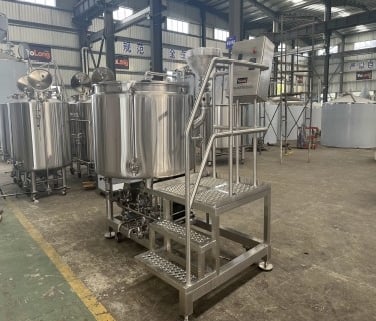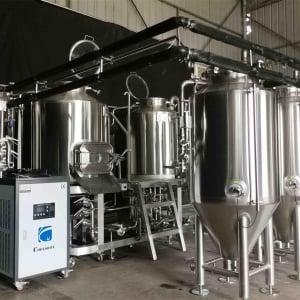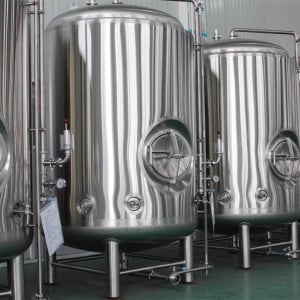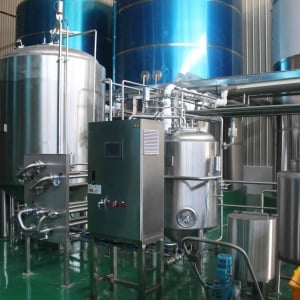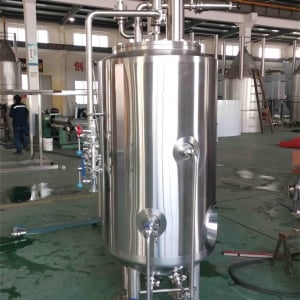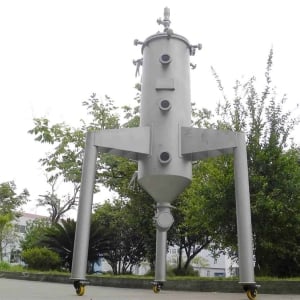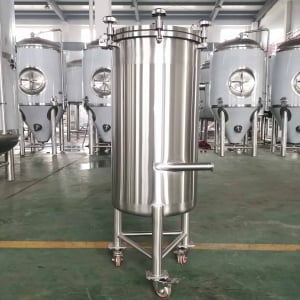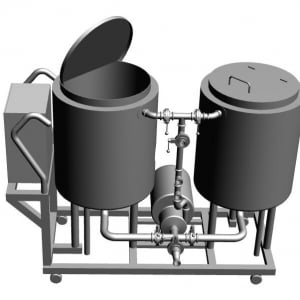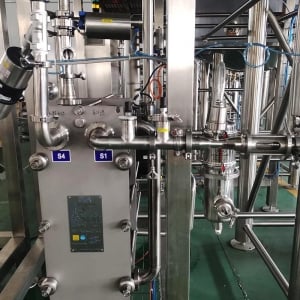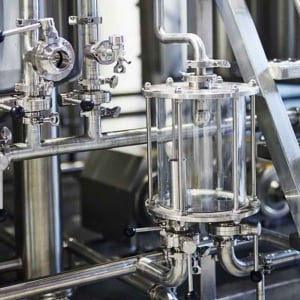Brewing Equipment Kit
Are you dreaming of crafting your own beer at home? If so, a brewing equipment kit is your golden ticket to making that dream a reality. This comprehensive guide will walk you through everything you need to know about brewing equipment kits, from the essential gear to the brewing process, suppliers, and maintenance tips. Let’s dive into the world of home brewing and explore how you can start creating your own delicious beers.
Overview of Brewing Equipment Kits
Home brewing has surged in popularity over the past few years, and for a good reason. It’s a rewarding hobby that allows you to experiment with different ingredients and flavors to create beers that suit your taste. But where do you start? A brewing equipment kit is an excellent first step. These kits come with everything you need to brew your first batch of beer, including fermenters, kettles, bottles, and all the little bits and bobs that make the brewing process possible.
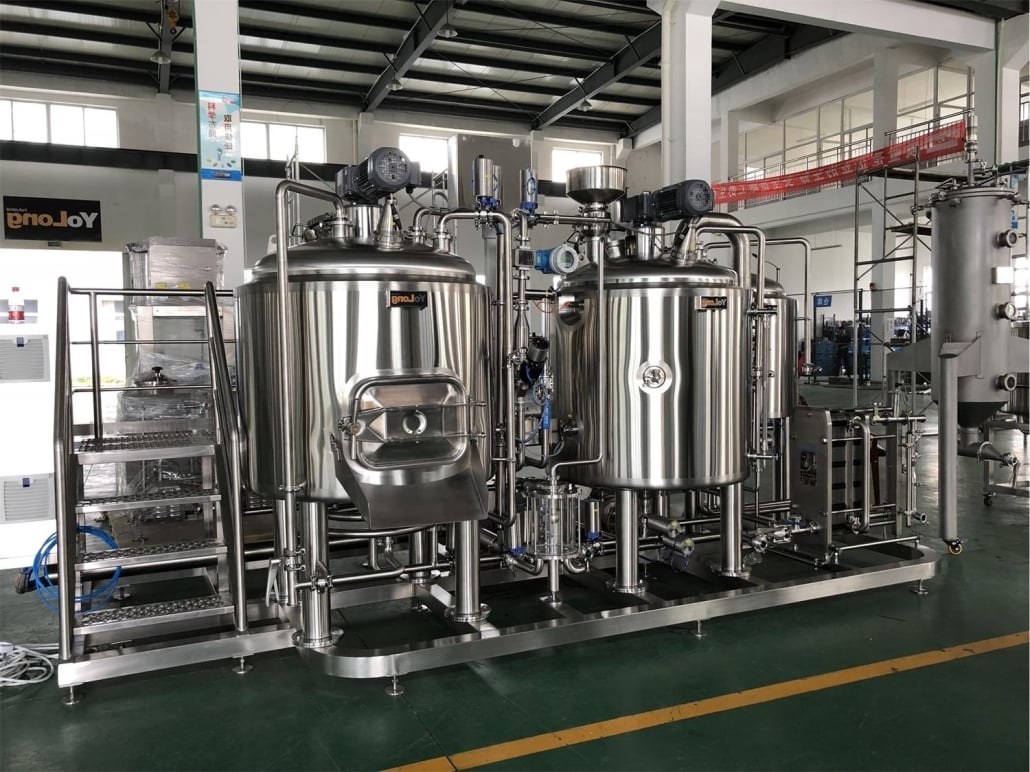
Essential Equipment Guide
Fermenters
Fermenters are where the magic happens. They are the vessels where yeast converts the sugars in your wort into alcohol and carbon dioxide, transforming it into beer. Fermenters can be made from various materials, including plastic, glass, and stainless steel, each with its own pros and cons.
Kettles
The brewing kettle is where you boil your wort, hops, and other ingredients. It’s essential to choose a kettle that is durable and has a sufficient capacity for the batches you plan to brew. Stainless steel kettles are popular due to their durability and ease of cleaning.
Bottles and Capping Equipment
Once your beer is ready, you’ll need bottles to store it. Most kits come with bottles and capping equipment to help you package your brew efficiently. Glass bottles are standard, but some brewers prefer using kegs for easier dispensing.
Other Essential Tools
- Hydrometer: Measures the specific gravity of your beer to determine its alcohol content.
- Thermometer: Ensures your wort is at the correct temperature during brewing and fermentation.
- Sanitizer: Crucial for keeping all your equipment clean and free from bacteria that could spoil your beer.
Types of Brewing Equipment Kits
| Type | Description |
|---|---|
| Beginner Kits | These kits include all the basic equipment needed for a small batch, perfect for those just starting out. |
| Intermediate Kits | More advanced kits with additional tools and larger capacity, ideal for those looking to improve their skills. |
| Advanced Kits | Comprehensive kits with high-quality, durable equipment for serious home brewers. |
The Brewing Process
Brewing beer is a process that involves several steps, each crucial to creating a delicious final product. Here’s a detailed look at the brewing process:
1. Preparing Your Equipment
Before you start brewing, it’s essential to clean and sanitize all your equipment. Any bacteria can spoil your beer, so this step is crucial.
2. Mashing
Mashing involves steeping grains in hot water to extract fermentable sugars. This step creates a sweet liquid called wort.
3. Boiling
The wort is then boiled, and hops are added. Hops contribute bitterness and aroma to the beer, balancing out the sweetness from the malt.
4. Fermentation
After boiling, the wort is cooled and transferred to a fermenter. Yeast is added, and fermentation begins. This process can take several days to weeks, depending on the beer style.
5. Bottling
Once fermentation is complete, the beer is bottled. Priming sugar is often added to carbonate the beer in the bottle.
6. Aging
After bottling, the beer needs time to carbonate and develop its flavors. This aging process can take a few weeks to a few months.
Brewing Equipment Kit: Capacity, Space, and Customization
When choosing a brewing equipment kit, consider the capacity, space required, and potential for customization.
| Factor | Details |
|---|---|
| Capacity | Kits range from 1-gallon batches for beginners to 10-gallon batches for advanced brewers. |
| Space | Ensure you have enough space in your home for brewing and storing your equipment. |
| Customization | Some kits offer the ability to add extra equipment or upgrade certain components as you gain more experience. |
Suppliers and Price Range
The cost of a brewing equipment kit can vary widely depending on the quality and complexity of the kit.
| Supplier | Price Range |
|---|---|
| Northern Brewer | $100 – $500 |
| Midwest Supplies | $150 – $600 |
| MoreBeer | $200 – $700 |
Installation, Operation, and Maintenance
Proper installation, operation, and maintenance of your brewing equipment are crucial to ensure longevity and quality of your brews.
| Aspect | Details |
|---|---|
| Installation | Follow the manufacturer’s instructions carefully. Set up your equipment in a clean, organized space. |
| Operation | Pay attention to the brewing process steps, and follow recipes closely, especially when starting out. |
| Maintenance | Regularly clean and sanitize all equipment to prevent contamination and extend the life of your gear. |
Choosing the Right Supplier
Choosing the right supplier for your brewing equipment kit can make a significant difference in your brewing experience.
| Criteria | Details |
|---|---|
| Reputation | Look for suppliers with good reviews and a solid reputation in the home brewing community. |
| Customer Service | Ensure they offer robust customer service and support for troubleshooting and advice. |
| Product Range | Choose a supplier with a wide range of products, allowing for future upgrades and expansions. |
| Price | Compare prices across suppliers to get the best value for your money. |
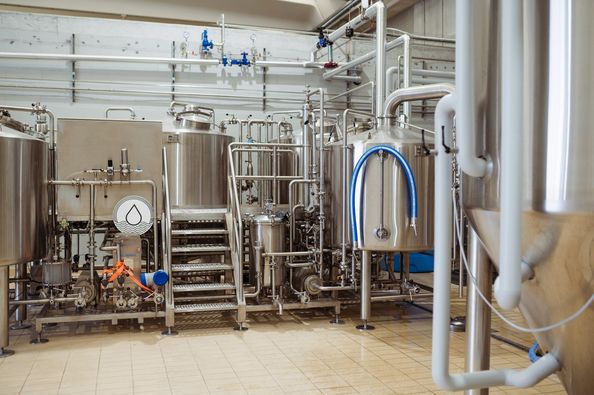
Advantages and Limitations of Brewing Equipment Kits
Understanding the pros and cons of brewing equipment kits can help you make an informed decision.
| Aspect | Advantages | Limitations |
|---|---|---|
| Beginner Kits | Affordable, easy to use, great for learning. | Limited capacity and fewer customization options. |
| Intermediate Kits | More capacity, additional tools, better quality. | Higher cost, requires more space and commitment. |
| Advanced Kits | High-quality equipment, large batches, professional-level brewing. | Expensive, complex setup, and requires significant space. |
FAQs
| Question | Answer |
|---|---|
| What is the best brewing equipment kit for beginners? | Beginner kits from suppliers like Northern Brewer and Midwest Supplies are highly recommended for their ease of use. |
| How much space do I need for home brewing? | A small kitchen or garage space is usually sufficient for beginner and intermediate kits. Advanced kits may need more space. |
| How often should I clean my brewing equipment? | Equipment should be cleaned and sanitized before and after each brew to prevent contamination. |
| Can I upgrade my brewing kit? | Yes, many kits offer options for upgrading individual components as you become more experienced. |
| What are the most common issues faced by home brewers? | Common issues include contamination, incorrect temperatures, and improper sealing of bottles. |

